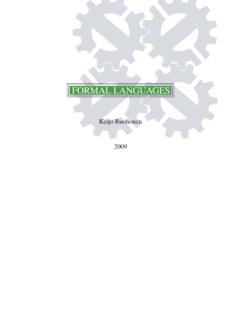Transcription of Formal vs. Informal Writing - Wag & Paws
1 Formal vs. Informal Writing When Writing for either an English class, a prospective employer, a business letter, or a letter of complaint, it is important that you write formally. On such occasions, we do not write in the same manner as we speak everyday. Everyday language, whether speech or written down, is called Informal . We write formally to, among other things, demonstrate that we are serious, educated, and intelligent. To write formally, the vocabulary we use must reflect the occasion. To understand Formal language, it is often easier to identify Informal language and eliminate it from our Writing . If we can do that, we end up Writing more formally. It is almost as simple as that. General Rule: If you would not say it to your grandmother, do not use it in Formal Writing .
2 Informal Formal REASON Slang: dude, bro, bloke, guy person, friend You are trying to sound professional, sophisticated or mature. Greeting someone with Yo dude! does not make you sound intelligent. Colloquialisms: kid(s) Okay, or OK you know sort of kind of alot, a lot I have a lot of friends. child(ren), youth(s), student(s) satisfactory, acceptable filler words cut from your Writing many I have many friends. A kid is actually a baby goat! Okay is a casual expression, not a Formal expression. We use filler words in speech to fill in spaces when we do not want silence or when we are still processing what we are going to say. There is no need for that in our Writing . Alot is not even a word! A lot is better, but still rather Informal . Use many instead.
3 Slurrying gonna shoulda coulda woulda going to should have could have would have We need to pronounce (and write) our words clearly. Slurring words like going to into gonna makes us sound lazy (either in speech or in Writing ). This applies the same for shoulda, coulda, and woulda. Contractions: don t, can t, won t, shouldn t, etc. do not, cannot, will not, should not, etc . While contractions are becoming more common in Formal Writing , they are still largely seen as inappropriate. Similarly to slurring speech, contractions give the impression of laziness. Informal Formal REASON Abbreviations: TV, photo, pics, or PC television, photograph, pictures, personal computer Abbreviations give the impression that you are lazy and cannot be bothered Writing out the words longform.
4 Avoid using abbreviations in your Formal Writing . Double negatives: I ain t never gonna do that. I will never do that. Double negatives can be confusing to understand and are unnecessary. Clich s: It s like beating a dead horse. Avoid it like the plague. He worked like a dog. To the bitter end. He doesn t stand a chance. It is useless. It is futile. Ensure that you avoid it. He worked very hard. Until the end. He is not going to be successful. Clich s are overused and have lost either their full meaning or their intended effect. Avoid clich s in your Writing . If you find yourself Writing a clich , when you edit your work, rephrase the clich by restating the thought. Capitalization: i, david, canada, toyota I, David, Canada, Toyota Proper nouns (the names of particular places, people or things) always take capital letters.
5 The first letter in sentences always takes a capital letter. Nonspecific Language stuff, things (nouns) get / got (verb) I went to the store and got some important things and a bunch of other stuff. In Formal Writing , you need to be specific. Write what you mean by identifying it. I went to the store and (bought, purchased, stole, shoplifted, was given) some groceries. Using such non specific language makes for weak Writing . Be specific when you write use your word power by identifying that which you are talking about. Being specific changing the meaning. There is a great difference between buying some groceries and stealing them! Numbers 15 years old 2 dozen 6 months ago $10 20 minutes later, I arrived. fifteen years old two dozen six months ago ten dollars I arrived twenty minutes later.
6 But The store has 110 shirts which each costs $ on sale. Although usage varies, a practical rule is to spell out integers (whole numbers) that are equal to or less than one hundred, and use arabic numerals for other numbers ( , 101, ). Avoid starting a sentence with a number. The most important thing is to be consistent in your Writing . Do not go back and forth between numbers and words. When possible, check with your teacher, employer, or style manual to see what the standards and expectations are for that field.
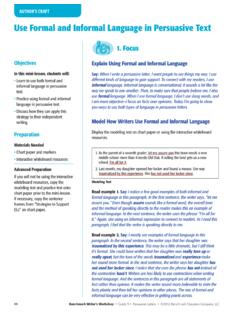
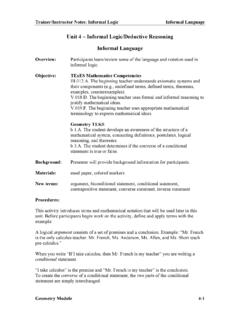
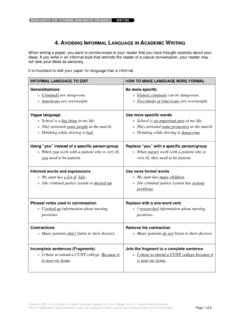
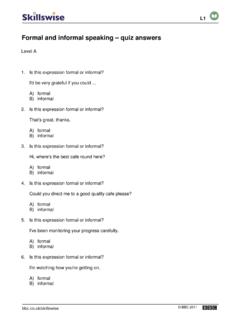
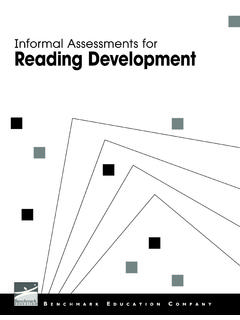
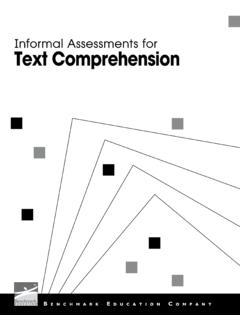
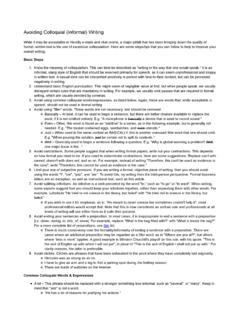
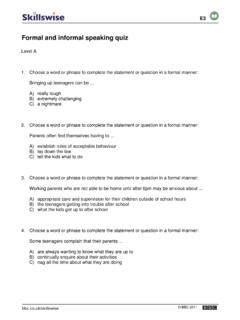
![Formal and Informal Essays[1] - OpenStudy](/cache/preview/5/2/f/9/6/a/b/d/thumb-52f96abd94d259826824a181c6312ef5.jpg)
